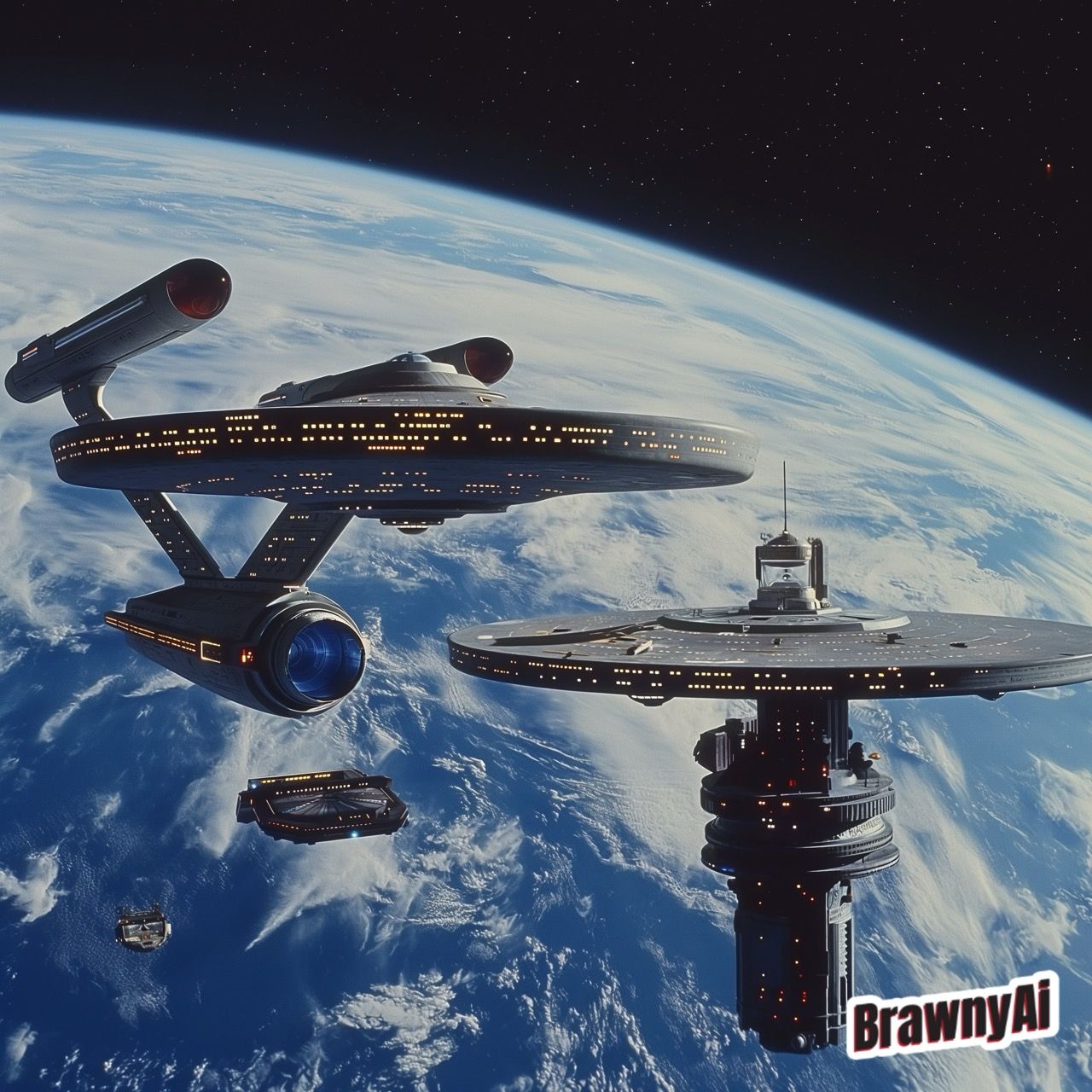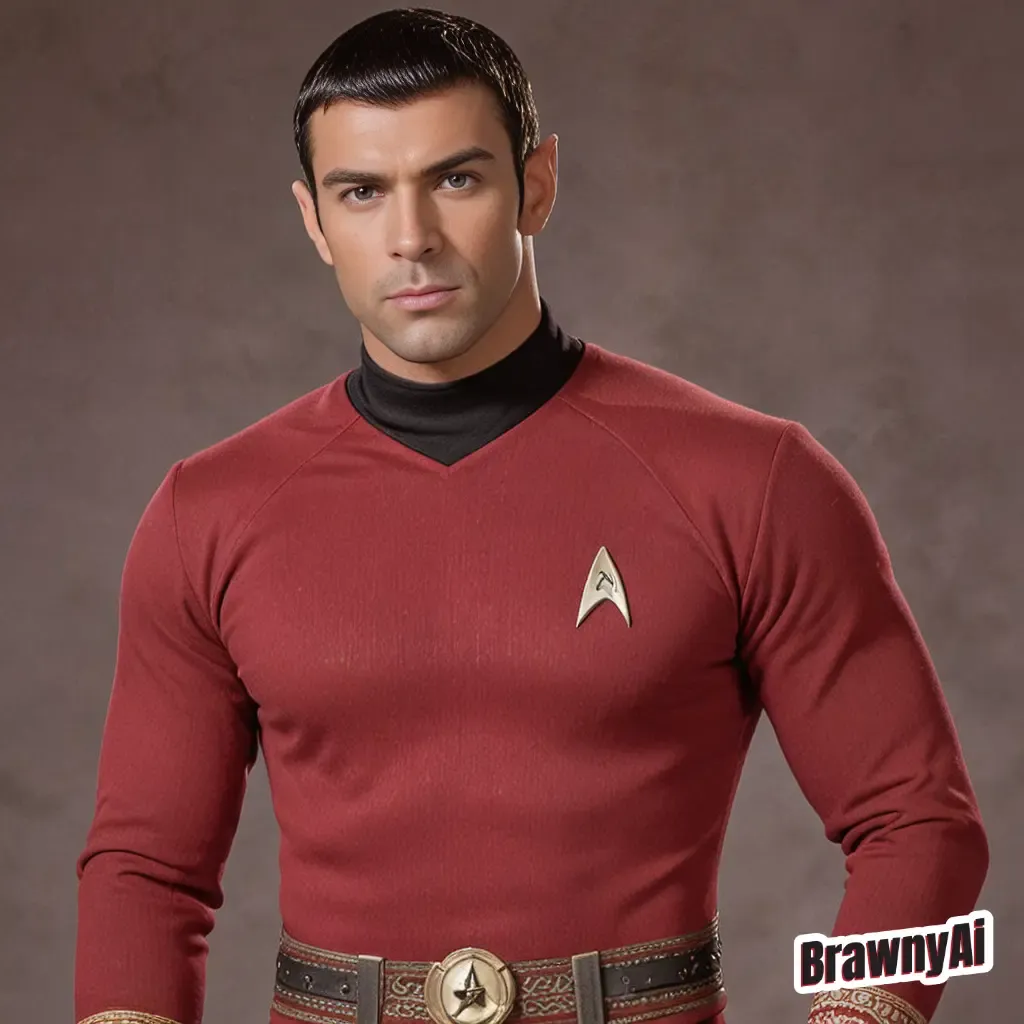🔒Introducing 'Stella Trek': A Personal and Playful Homage to a Classic

MightyPro Exclusive Preview: 'Stella Trek' by BrawnyAi
Growing up, "Star Trek" was more than just a TV show to me—it was a companion during the lonely days spent at home while my parents worked tirelessly to provide for us. Though we faced many challenges, these experiences have shaped me in ways I've only recently come to understand.
As a child, I would lose myself in the adventures of the Starfleet, imagining countless "what if" scenarios for my favorite characters after each episode. This was my escape from loneliness, my way of traversing the universe from my living room, marveling at nebulas and galaxies through the lens of the Hubble telescope.
My fascination wasn't limited to the stories; the specifications of the starships and the science behind them captivated my geeky side. I cherished "Star Trek: The Next Generation," "Voyager," "Deep Space Nine," and the first two seasons of "Discovery." The series masterfully blended politics, creativity, and ethical dilemmas with science to educate while it entertained.

In a time before the widespread use of the internet, "Star Trek" was a pioneer in promoting diversity and inclusivity. I recall a "Voyager" episode that presented a society where only same-sex relationships were allowed—a powerful narrative that challenged norms and broadened my perspective.
These themes of diversity and inclusion are deeply woven into the fabric of BrawnyAi, reflecting the core values of the Star Trek Federation. I believe the utopian ideals portrayed in the series are not just fantasy—they can inspire real change in our world.
It was only natural for me to create "Stella Trek," a playful parody set in my own universe that combines my love for "Star Trek" with my digital creations. This project, fueled by artificial intelligence and personal nostalgia, reimagines the Star Trek universe in exciting new ways.

As we look forward to the full release in May 2024, I invite you to enjoy this exclusive sneak peek. The integration of new races and cultures has been more challenging than anticipated, but the results promise to open our eyes to new possibilities.

















